This article has been reviewed by experts
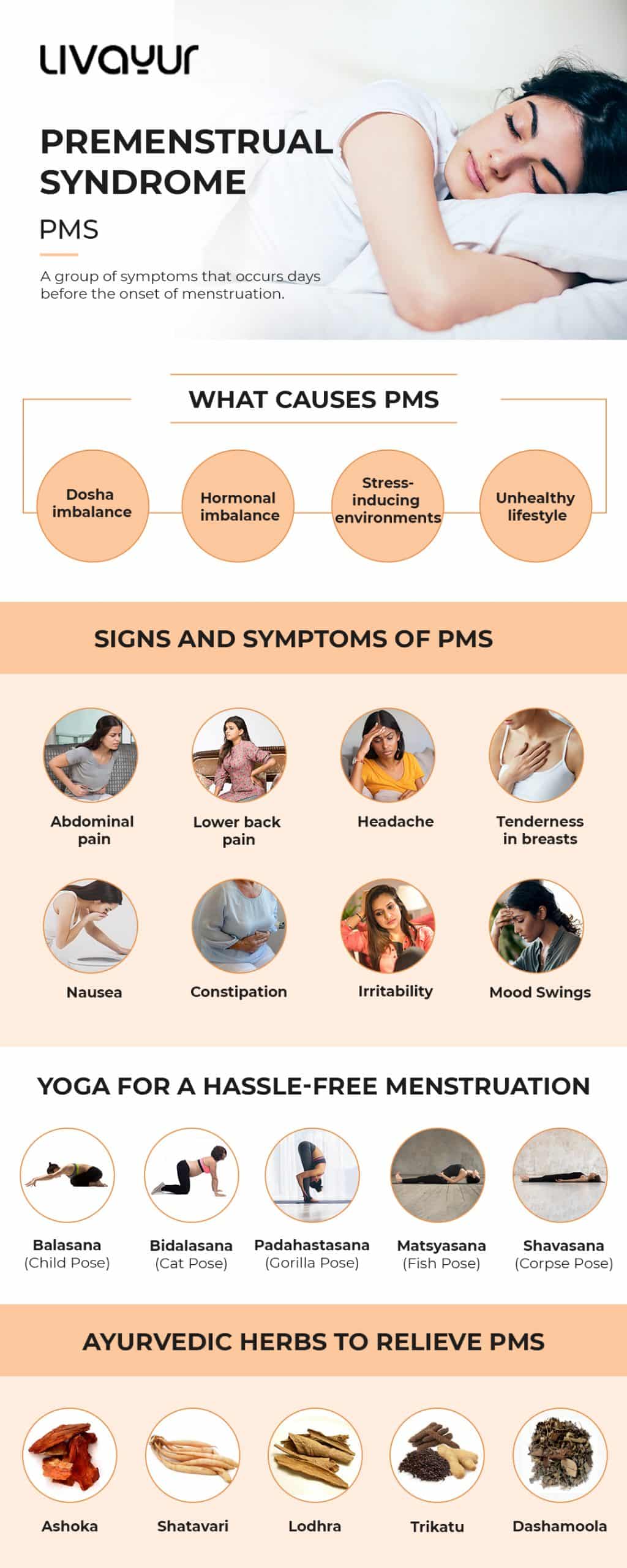
Irregular periods are relatively common among women of reproductive age, with estimates suggesting that up to 35% may experience them at some point. Irregular periods can manifest as variations in cycle length, missed periods, or unpredictable bleeding patterns (1). While occasional irregularity is normal, persistent irregular periods may signal underlying health issues like PCOS, thyroid disorders, or hormonal imbalances. As hormonal medications and other drugs used to treat the problem pose a high risk of side effects, many women want to know how to get regular periods naturally with PCOS, thyroid disorders or other conditions.
- Yoga: Yoga can help regulate periods by reducing stress and improving blood circulation, potentially balancing hormonal fluctuations. Studies suggest that yoga can improve menstrual irregularities and alleviate menstrual pain (2). Some yoga poses that are beneficial for your menstrual cycle are Balasana, Cat Cow Pose and Butterfly Pose.
- Maintaining healthy body weight: Changes in body weight can affect the person’s menstrual cycle. Having low body weight may mean a person’s periods become irregular or even stop. This is because low body fat can affect the production of oestrogen, a hormone that regulates the menstrual cycle. On the other hand, having a high body weight can also cause irregular periods or heavy bleeding. This is because excess body fat can increase the levels of oestrogen and insulin, which can interfere with ovulation and menstruation. Therefore, maintaining healthy weight can help balance hormones and regulate periods. (3)
- Exercise: Exercise can help you maintain a healthy weight, boost your mood, reduce stress, lower insulin resistance and improve blood circulation. Through these actions, exercise can also help regulate your menstrual cycle by affecting the hormones that control it. Ideally, you should follow a balanced exercise routine with a combination of cardio and strength training exercise.
- Sleep: Proper sleep is essential for hormone regulation, and disruptions in sleep patterns are known to affect menstrual regularity (4). Sleep can help you regulate many bodily functions such as metabolism, immunity, memory, and mood. Sleep can also help you balance hormone levels and reduce stress, which are both important for your menstrual cycle. You should adopt sleep hygiene practices for better sleep and can also use herbs such as Brahmi, Jatamansi and Shankapushpi as natural sleep aids.
- Stress management: Stress is a natural response to challenging or threatening situations that can affect your physical and mental health. High levels of stress can cause irregular periods, missed periods, or heavy periods by altering the levels of cortisol, oestrogen, progesterone, and other hormones that control the menstrual cycle (5). Stress can be effectively controlled with relaxation techniques such as deep breathing, progressive muscle relaxation and meditation.
- Turmeric: Turmeric can also affect your menstrual cycle by affecting the hormones that regulate it. Some studies have shown that turmeric can reduce inflammation in the reproductive organs and modulate oestrogen levels (6). These effects could help regulate periods, reduce menstrual pain and bleeding, and improve fertility.
- Ginger: Ginger is commonly recommended for menstrual irregularities. Some studies have shown that ginger can help reduce menstrual pain and bleeding by lowering prostaglandin levels (7). Prostaglandins are chemicals that cause inflammation and muscle contractions in the uterus. High levels of prostaglandins can cause severe cramps and heavy bleeding during periods. Ginger can also help with other PMS symptoms such as nausea, bloating and fatigue.
- Pineapple: Pineapple contains bromelain, an enzyme that has anti-inflammatory and blood-thinning effects. Pineapple can affect your menstrual cycle by affecting the hormones that regulate it. Some studies have shown that pineapple can reduce inflammation and improve circulation, which may help regulate periods, reduce menstrual pain and bleeding, and improve fertility (8).
- Shilajit: Shilajit has been used in Ayurvedic medicine for centuries as a rejuvenating tonic and a remedy for various ailments. It is particularly highly regarded as a reproductive health ingredient for both men and women. Shilajit can affect your menstrual cycle by influencing the hormones that regulate it. Although more research is needed, current evidence already shows that Shilajit improves sexual and reproductive functions in women, indicating benefits for irregular periods too (9).
- Ashwagandha: Ashwagandha is an adaptogen that reduces stress and may regulate menstrual cycles by influencing cortisol levels. Research shows that ashwagandha can lower cortisol levels, which are elevated during stress and can disrupt ovulation and menstruation (10). Ashwagandha can also increase thyroid hormone levels, which are important for metabolism and reproductive function. These effects can help regulate periods, reduce PMS symptoms, and improve fertility.
- Nutrition: Hormones such as oestrogen, progesterone, follicle-stimulating hormone (FSH) and luteinizing hormone (LH) are involved in the regulation of the menstrual cycle and ovulation. Nutrients such as iron, calcium, vitamin D, vitamin B6, vitamin B12, folate, zinc, magnesium, and omega-3 fatty acids can help maintain optimal levels of these hormones to ensure regular periods. This is why healthy eating and supplementation are recommended as the cornerstone of treatment for women who ask how to get regular periods with PCOS naturally.
- Fenugreek: Fenugreek contains phytoestrogens, which are plant compounds that can mimic the effects of oestrogen in the body. Oestrogen is a hormone that regulates the menstrual cycle and affects the growth and shedding of the uterine lining. Some studies have shown that fenugreek can increase oestrogen levels and induce menstruation in women with oligomenorrhea, which is a condition characterized by infrequent or very light periods. Fenugreek can also reduce menstrual pain and inflammation by lowering prostaglandin levels, which are chemicals that cause uterine contractions and cramps. (11,12)
- Cinnamon: Cinnamon may help regulate periods by improving insulin sensitivity. Insulin resistance can lead to hormonal imbalances, and cinnamon has been studied for its potential to reduce insulin resistance in women with PCOS, which can contribute to more regular menstrual cycles (13).
- Sesame seeds: Sesame seeds are rich in nutrients such as iron, calcium, magnesium, zinc, copper, selenium, vitamin E, vitamin B6, and lignans. Sesame seeds can help regulate periods by improving blood circulation, supporting hormonal balance, and reducing inflammation. Sesame seeds also contain lignans, which are plant compounds that can modulate oestrogen levels in the body.
- Meditation: Stress is a factor that can affect the hypothalamic-pituitary-ovarian (HPO) axis, which is a system that controls the production and release of hormones involved in the menstrual cycle and ovulation. High levels of stress can disrupt the HPO axis and cause irregular periods or anovulation (lack of ovulation). Meditation can help lower stress levels by activating the autonomic nervous system, which is responsible for relaxation and recovery. This in turn lowers stress and improves period regularity (14).
Please note that while these remedies may have potential benefits, individual responses can vary, and scientific evidence may be limited for some treatments. Consult an Ayurvedic doctor for a comprehensive approach to managing irregular periods, especially if they persist or are due to an underlying medical condition.
FAQs
How to get regular periods with PCOS naturally
To promote regular periods with PCOS naturally, focus on lifestyle changes like maintaining a healthy weight, eating a balanced diet, exercising regularly, managing stress, and getting adequate sleep, all of which can help improve hormonal balance.
When should I be concerned about irregular periods?
You should be concerned if irregular periods persist for several months, are accompanied by severe pain, heavy bleeding, or if you suspect pregnancy or an underlying medical issue.
Can irregular periods affect fertility?
Yes, irregular periods can impact fertility by making it challenging to predict ovulation, which is crucial for conception. It’s advisable to consult a healthcare provider if fertility concerns arise.
Disclaimer: This article is written from a health and lifestyle perspective. It is for general information and not meant to substitute any medical advice. Please consult your doctor for appropriate medical consultation.
References:
- https://www.jsafog.com/doi/JSAFOG/pdf/10.5005/jp-journals-10006-1603
- https://ijneronline.com/HTMLPaper.aspx?Journal=International%20Journal%20of%20Nursing%20Education%20and%20Research;PID=2015-3-1-12
- https://www.jebmh.com/articles/study-of-menstrual-cycle-disorders-in-adolescent-girls-in-relation-to-bmi.pdf.pdf
- https://academic.oup.com/sleepadvances/article/4/1/zpad013/7048698
- http://repository.uki.ac.id/5216/1/TherelationshipbetweenstresslevelsandmenstrualcycleregularityinstudentsofthefacultyofmedicineuniversitaskristenIndonesia.pdf
- https://bmcendocrdisord.biomedcentral.com/articles/10.1186/s12902-023-01295-5
- https://academic.oup.com/painmedicine/article/16/12/2243/2460294
- https://www.ncbi.nlm.nih.gov/pmc/articles/PMC3529416/
- https://www.tmrjournals.com/public/articlePDF/20230727/9d2ef5ee9f5a7dcaa1960ff38cbe311b.pdf
- https://link.springer.com/article/10.1007/s13668-023-00481-0
- https://www.texilajournal.com/public-health/article/1454-efficacy-studies-of
- https://www.ncbi.nlm.nih.gov/pmc/articles/PMC3813238/
- https://www.ajog.org/article/S0002-9378(14)00446-3/fulltext
- https://www.jcdr.net/articles/pdf/2297/4293_E(C)_F(P)_PF(V)_PFA(_)_P(_)-PF(R)R_U(P)_1.pdf




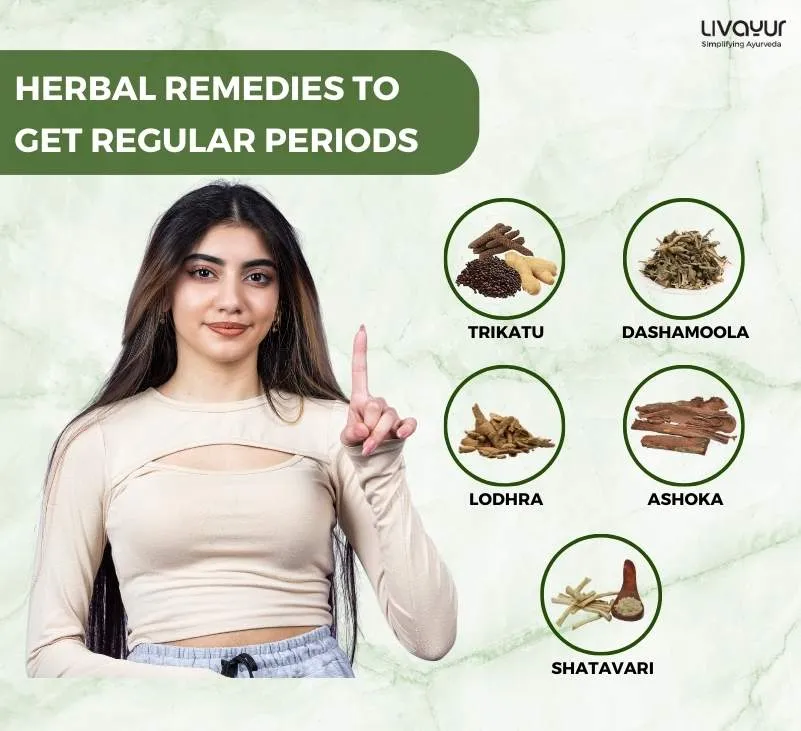







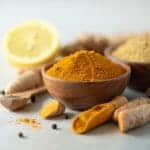

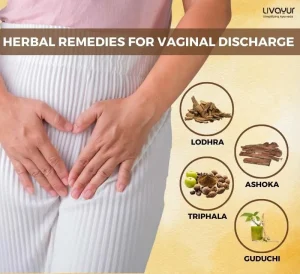



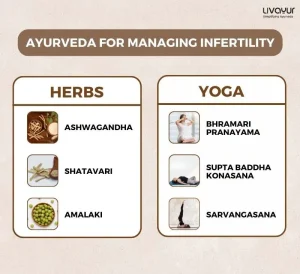







1 Comments